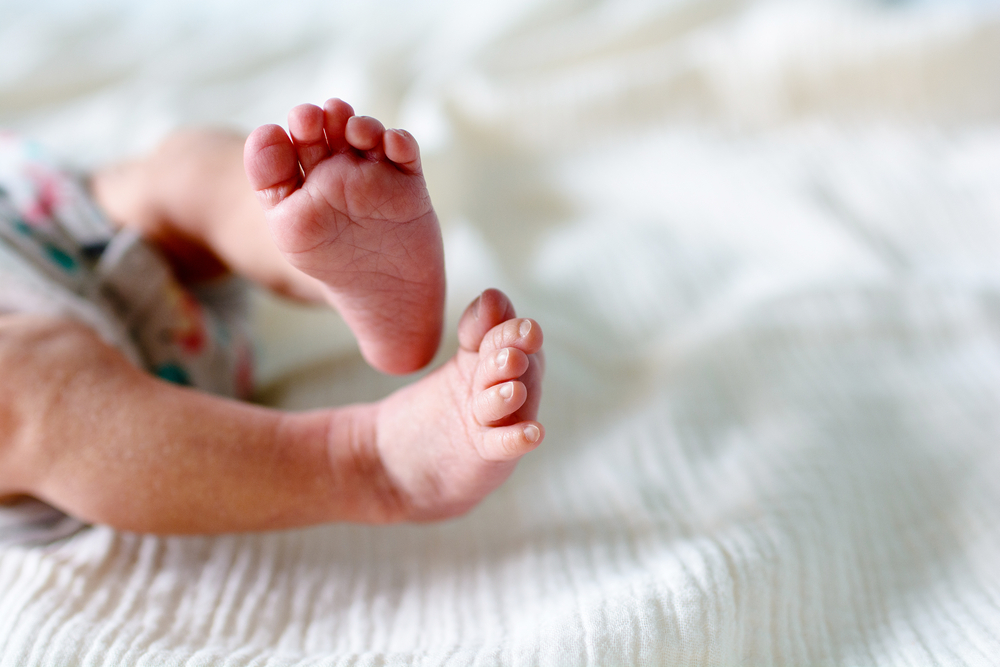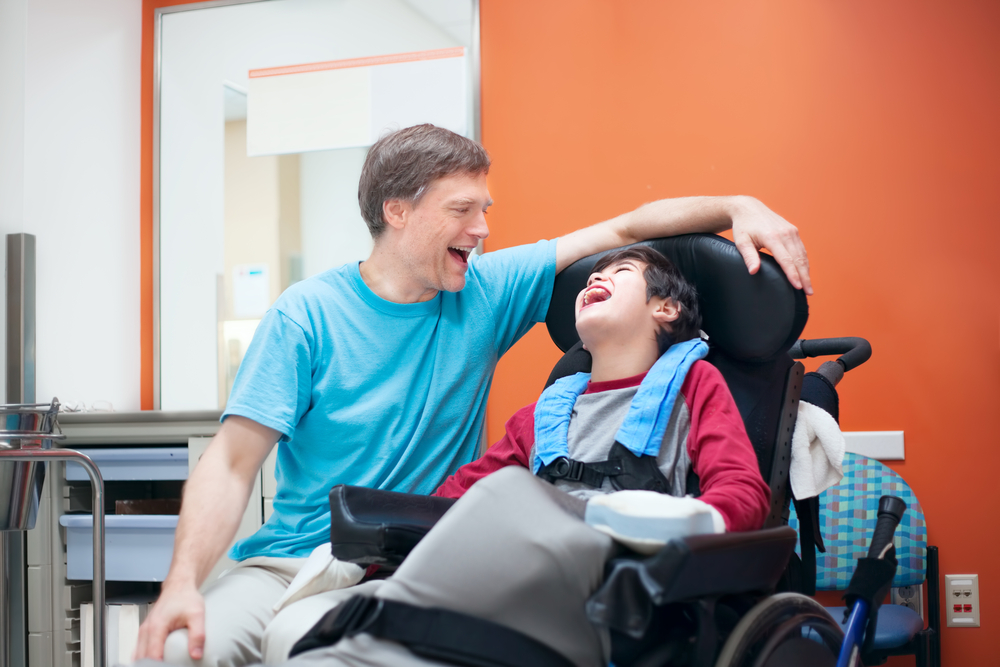
Is Birth Injury The Same As Birth Trauma?
As a Philadelphia birth injury lawyer, one of the most common questions we encounter is whether a birth injury is the same as birth trauma. This confusion often arises due to the interchangeable use of these terms in medical and legal contexts. However, it’s crucial to understand that while they may seem similar, they have […]




